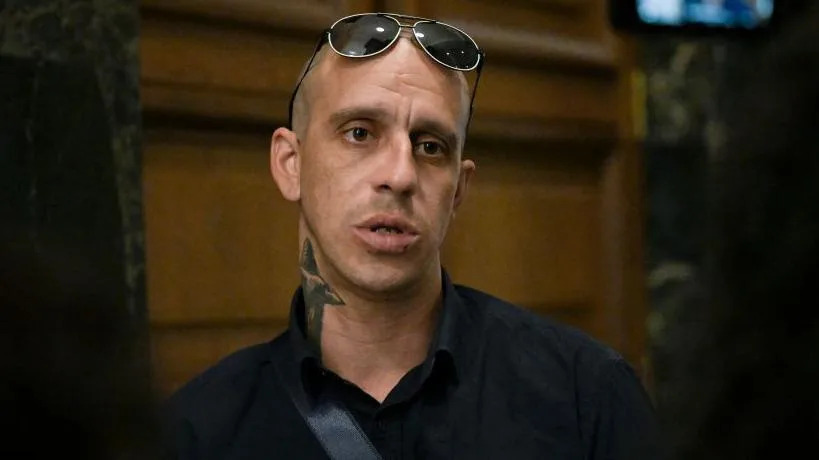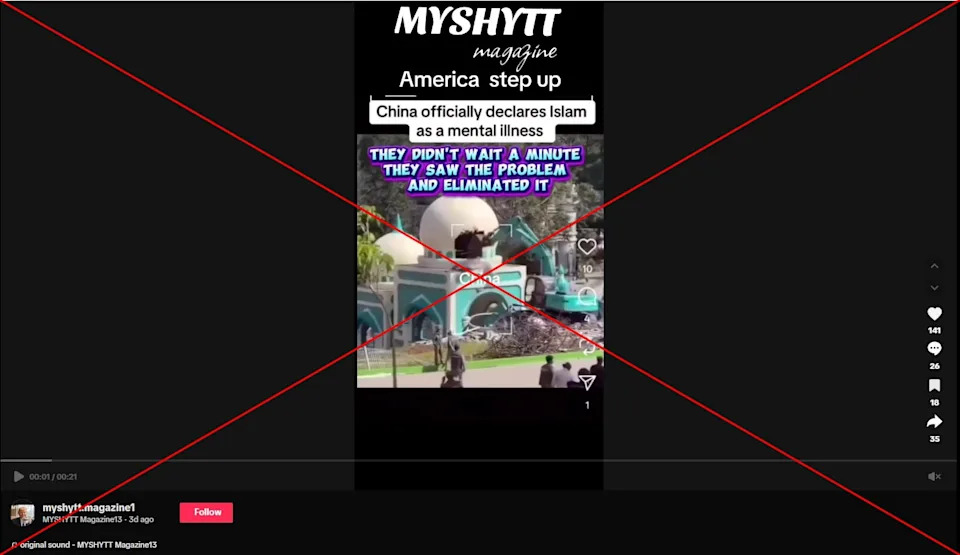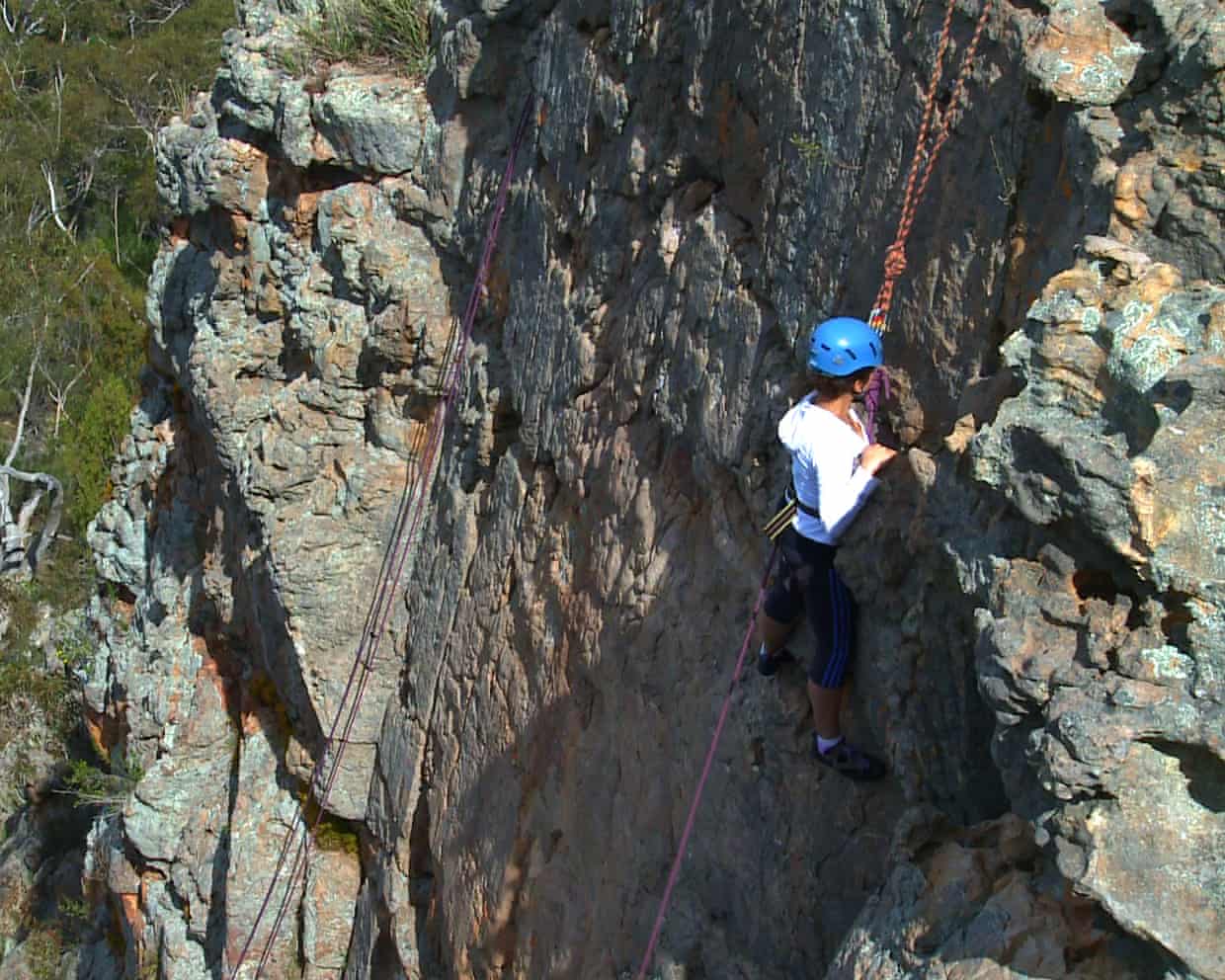Three Bulgarian men were sentenced on September 29, 2023, for their involvement in a vandalism case linked to a hybrid warfare campaign allegedly orchestrated by the Kremlin to destabilize France. The trial, held at the Palais de Justice in Paris, revealed a troubling narrative of low-budget operations that echo modern strategies in asymmetric warfare.
The court proceedings lasted three days and were marked by an unexpected lack of drama. The defendants—Georgi Filipov, Nikolay Ivanov, and Kiril Milushev—sat in a glass enclosure, guarded by police, while their testimonies lacked the intrigue one might expect from such serious allegations. Each man faced sentences ranging from two to four years for their roles in a series of vandalism acts.
On May 2024, the three men were involved in defacing the Wall of the Righteous, a memorial dedicated to individuals who rescued Jews during the Holocaust. Using red paint, they left thirty-five handprints on the memorial and targeted other locations throughout Paris, marking their actions with a symbolic intent that drew international attention. Additional acts included the placement of pigs’ heads outside mosques and coffins near the Eiffel Tower, all of which were reported widely, including by pro-Russian social media accounts that aim to undermine French societal stability.
France’s vulnerability to such hybrid warfare tactics is amplified by its current political divisions, societal tensions, and a history of complex relationships with the Kremlin. The presence of large Muslim and Jewish communities, along with the rising popularity of far-right movements, has made the country an attractive target for destabilization efforts.
During court proceedings, Filipov, 36, claimed he was unaware of the implications of his actions, stating, “I had absolutely no idea where we were,” and admitted to participating for financial gain. He reportedly received €1,000 for his involvement, which he needed to support his nine-year-old son. His appearance in court revealed a man marked by his past, evidenced by tattoos that included a swastika, which he attempted to downplay by stating he was working on removing them.
Milushev, 28, explained that he had traveled to France after a personal breakup and was struggling with bipolar disorder. He was sentenced to two years in prison. Meanwhile, Ivanov, who was described as the mastermind of the operation, received the longest sentence of four years. He emphasized his family’s history of saving Jewish lives during World War Two and expressed aspirations to pursue a master’s degree in law.
The men sought to shift responsibility to a fourth individual, Mircho Angelov, who remains at large and is alleged to have connections to Russian intelligence. He was sentenced to three years in absentia. Despite their defense attorneys acknowledging the suspicion of Kremlin involvement, they argued that their clients were merely unwitting participants in a larger geopolitical game.
This case underscores the evolving nature of modern warfare and the shifting tactics employed by state actors. Through the lens of this trial, the ordinary lives of three men juxtaposed with the extraordinary implications of their actions reveal the troubling intersection of crime, ideology, and international relations in today’s world.







